
Doctors Urge: Don’t Ignore Unexplained Bruising These Hidden Reasons Could Be the Cause
Most of us have experienced bruises at some point — a small purple or blue mark on the skin that usually fades away after a few days. Often, we can recall bumping into something or accidentally hitting ourselves. However, when bruises appear frequently or without any clear reason, it might be your body’s way of signaling that something deeper is wrong. Doctors warn that unexplained bruising should never be ignored, as it can indicate hidden health issues that require attention.
Bruising happens when small blood vessels called capillaries break under the skin, allowing blood to leak into the surrounding tissue. This results in the familiar dark discoloration. Normally, bruises heal quickly as the body reabsorbs the blood. But when bruises occur too easily or take longer to disappear, there could be underlying causes that affect the blood, skin, or overall circulation.
One of the most common reasons for unexplained bruising is a vitamin deficiency. Vitamins C and K play crucial roles in maintaining healthy blood vessels and supporting proper blood clotting. A lack of vitamin C weakens capillaries, making them more prone to breaking, while a vitamin K deficiency affects the body’s ability to form clots. People who don’t eat enough fruits, vegetables, or leafy greens are more likely to experience this type of bruising.
Aging is another frequent cause. As we get older, the skin becomes thinner and loses some of its protective fat layer, making blood vessels more fragile. Even a small bump can cause visible bruises on elderly individuals. Although this is usually harmless, it’s still important to monitor for other symptoms that may indicate more serious problems.
Certain medications can also make bruising more likely. Blood thinners like aspirin, warfarin, or even some anti-inflammatory drugs can interfere with the body’s clotting process. Steroid medications, both oral and topical, can weaken blood vessels and skin tissue over time. If you notice unusual bruising after starting a new medication, it’s essential to consult your doctor.
Unexplained bruising may also point to underlying medical conditions. Blood disorders such as leukemia, hemophilia, or thrombocytopenia (low platelet count) can cause excessive bruising, even from minor injuries. These conditions affect how blood clots or how many platelets are available to repair damaged vessels. In such cases, bruising might appear alongside fatigue, frequent nosebleeds, or prolonged bleeding from small cuts.
Another potential factor is liver disease, which can impair the production of proteins necessary for blood clotting. The liver plays a key role in maintaining healthy blood, so when it’s damaged — by alcohol, infections, or other causes — bruising can occur more easily. If you also notice yellowing of the skin (jaundice), swelling, or abdominal pain, medical attention should be sought immediately.
Sometimes, hormonal changes can contribute as well. Women who experience fluctuations in estrogen, such as during menopause or when taking birth control pills, may develop more fragile blood vessels, leading to easier bruising. Chronic stress and poor sleep can further weaken the body’s immune and circulatory systems, compounding the problem.
While most bruises are harmless and fade over time, persistent or unexplained bruising should never be ignored. It’s your body’s way of communicating that something isn’t right. If you notice bruises appearing without injury, bruises that don’t heal after a couple of weeks, or additional symptoms like fatigue, dizziness, or bleeding gums, you should seek medical advice.
In conclusion, bruising may seem like a small issue, but it can sometimes be a symptom of serious underlying health conditions. Doctors urge everyone to pay attention to the body’s warning signs. Maintain a balanced diet rich in vitamins, protect your skin, and monitor any changes carefully. Remember, your body is constantly speaking to you — it’s up to you to listen before a simple bruise becomes a bigger problem.
News in the same category


10 Warning Signs Your Liver is Overloaded with Toxins Don’t Ignore These!

Struggling to Sleep? A Famous Doctor’s 60-Second Trick Could Change Your Nights Forever
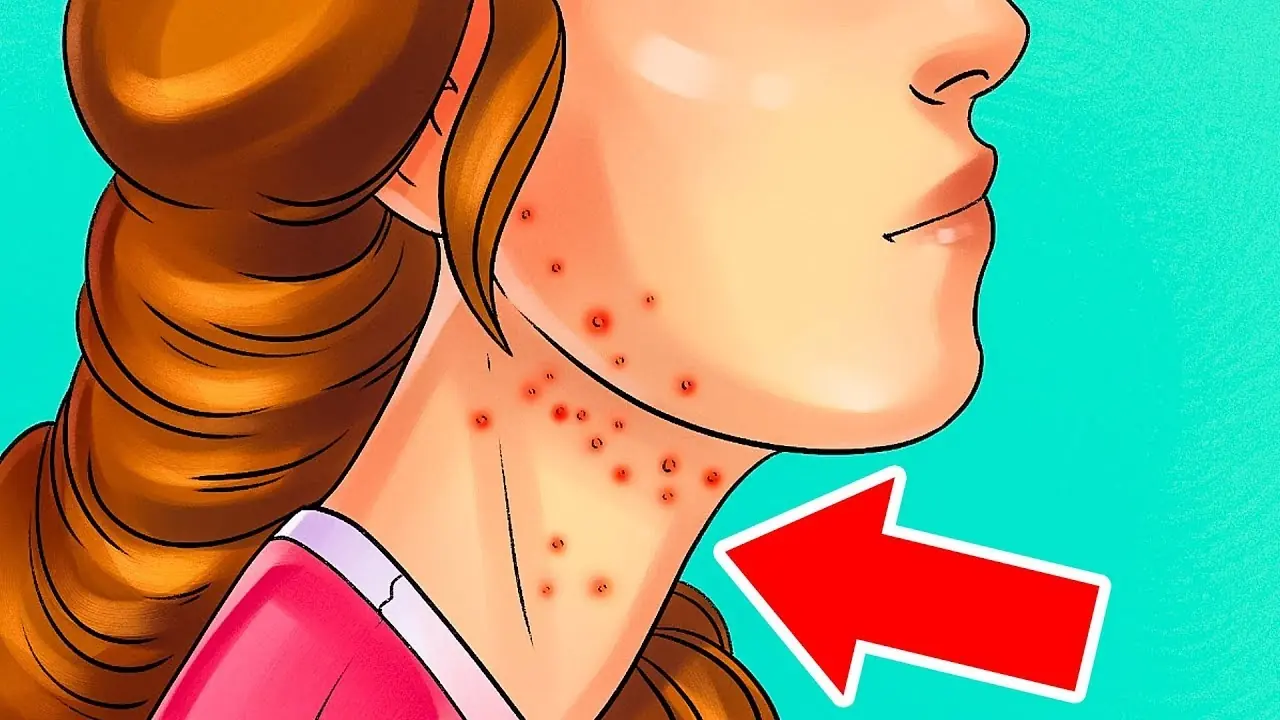
10 Urgent Warning Signs You’re Eating Too Much Sugar
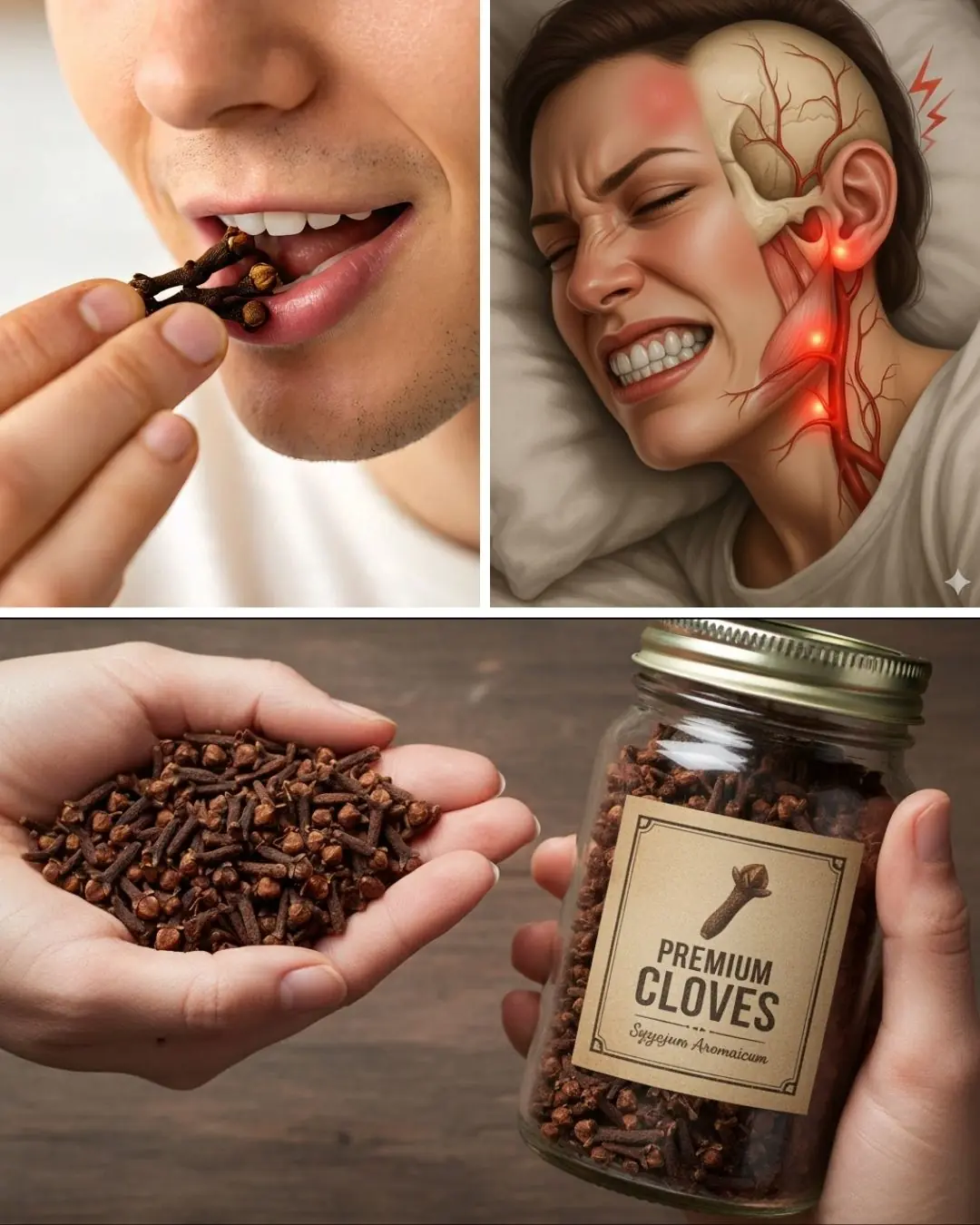
Holding Cloves in Your Mouth: A Natural Way to Relieve Toothache

Doctor has message for anyone who wakes up between 2am and 3am

5 Hygiene Mistakes that Many People Make…

What Really Happens When You Drink Coffee Every Morning
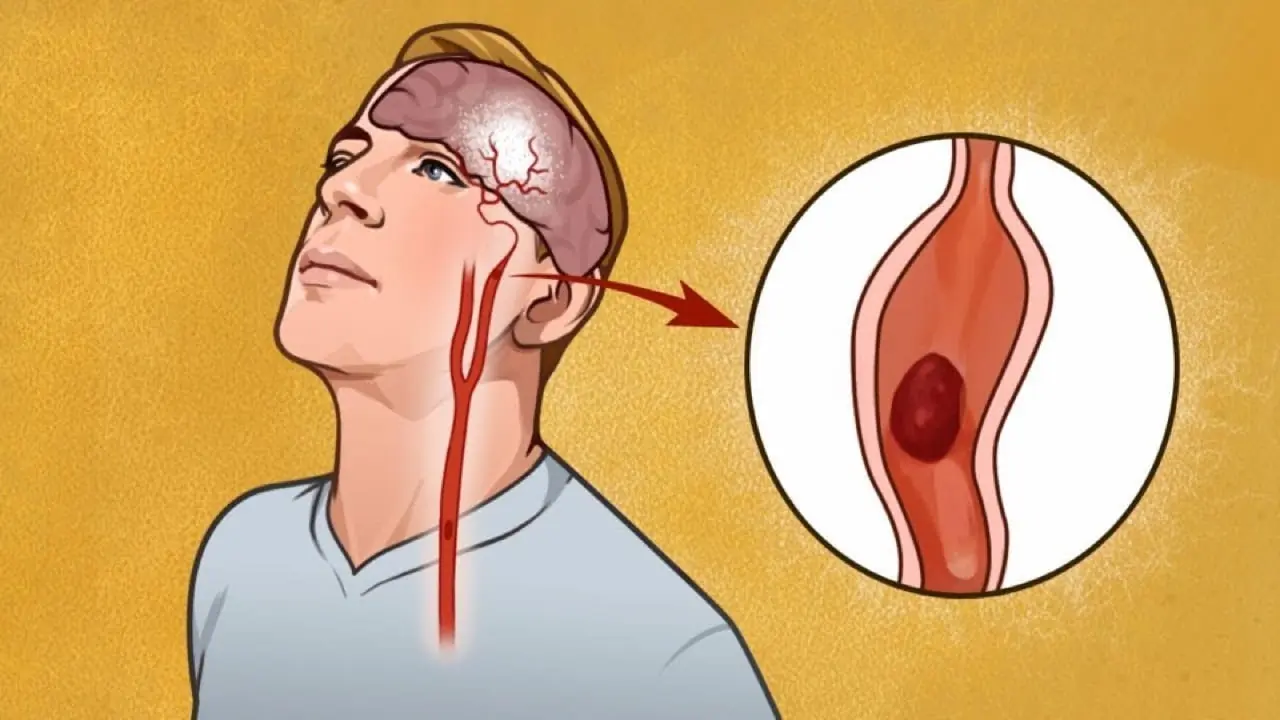
Warning Signs of Poor Blood Circulation You Can’t Afford to Miss

Eat THIS Daily to Keep Your Arteries Clean and Your Heart Healthy

Dates: The Single Food for Heart Attack, Hypertension, Stroke, and Cholesterol

Drink This 1 Cup to Improve Blood Flow and Circulation in Your Legs & Feet

Doctor Reveals 5 Powerful Snacks That Help Your Body Fight Cancer and Disease
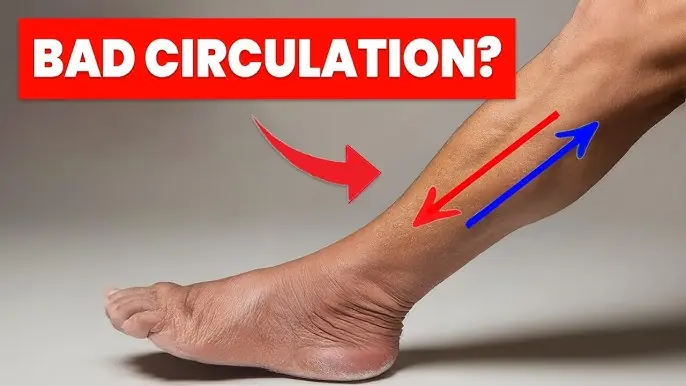
The 3:3:10 Method: 3 Exercises to Improve Leg Circulation
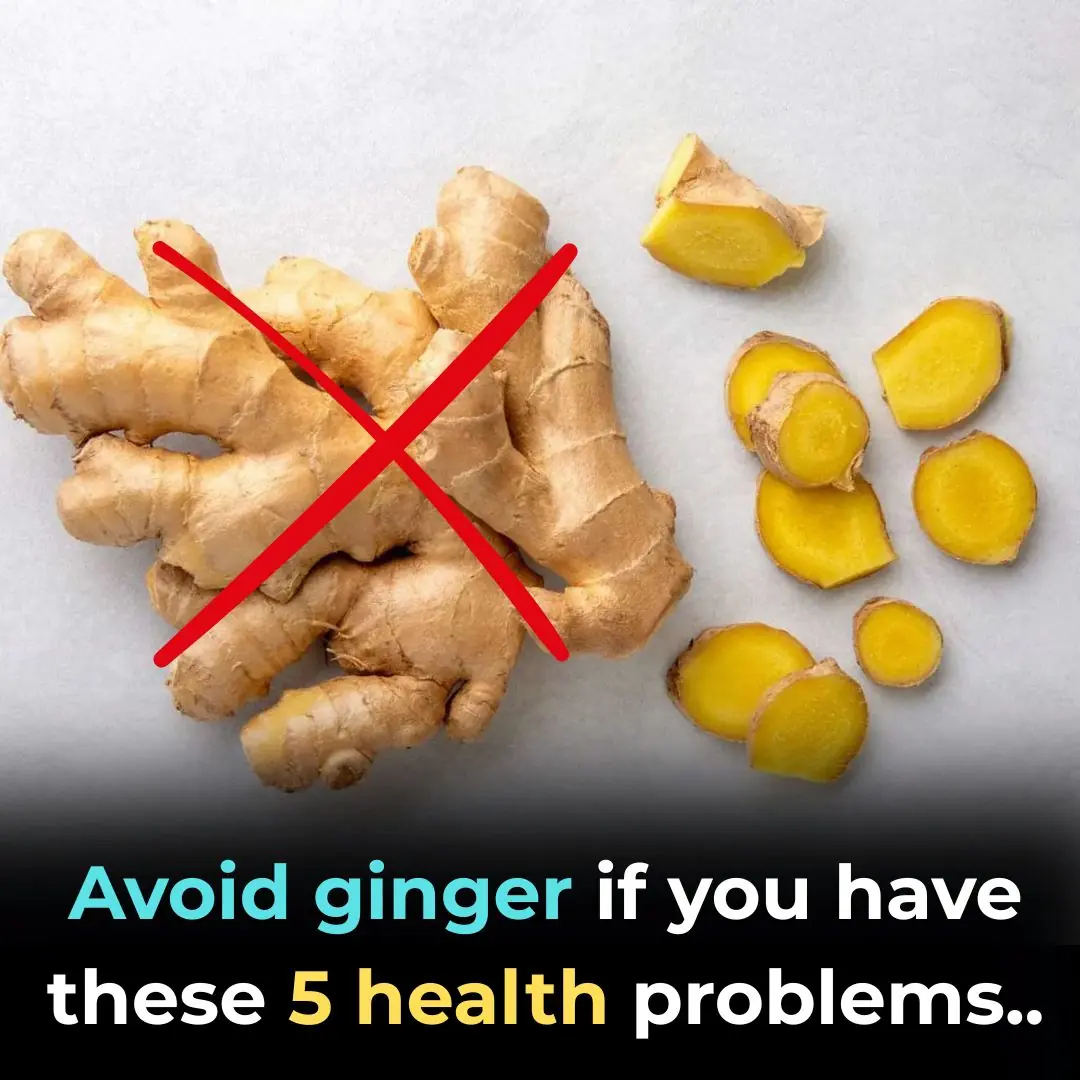
Avoid ginger if you have these 5 health problems..
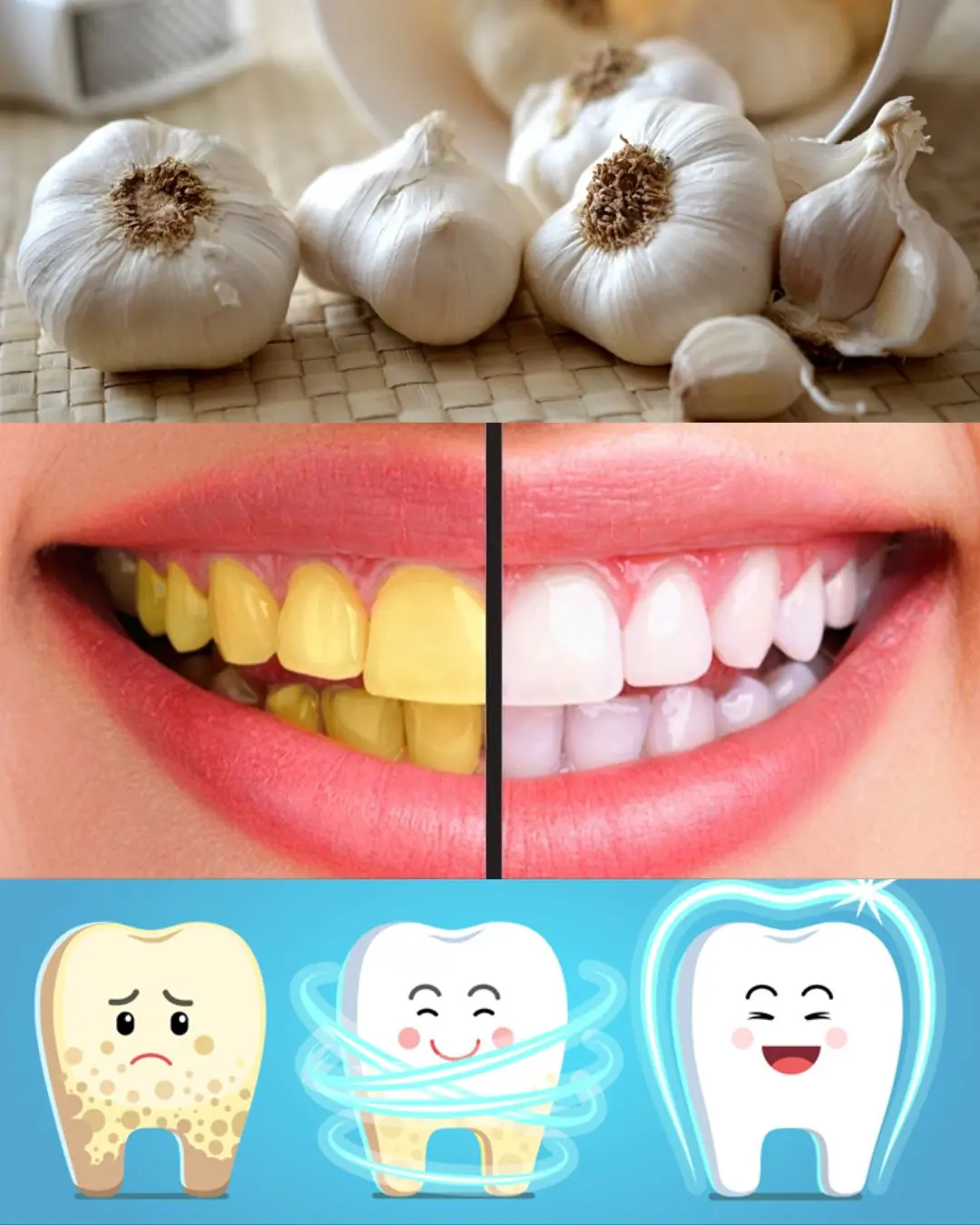
Improve your oral health naturally with garlic

🌙 7 Gentle Drinks Before Bed That May Support Blood Sugar & Reduce Nighttime Urination
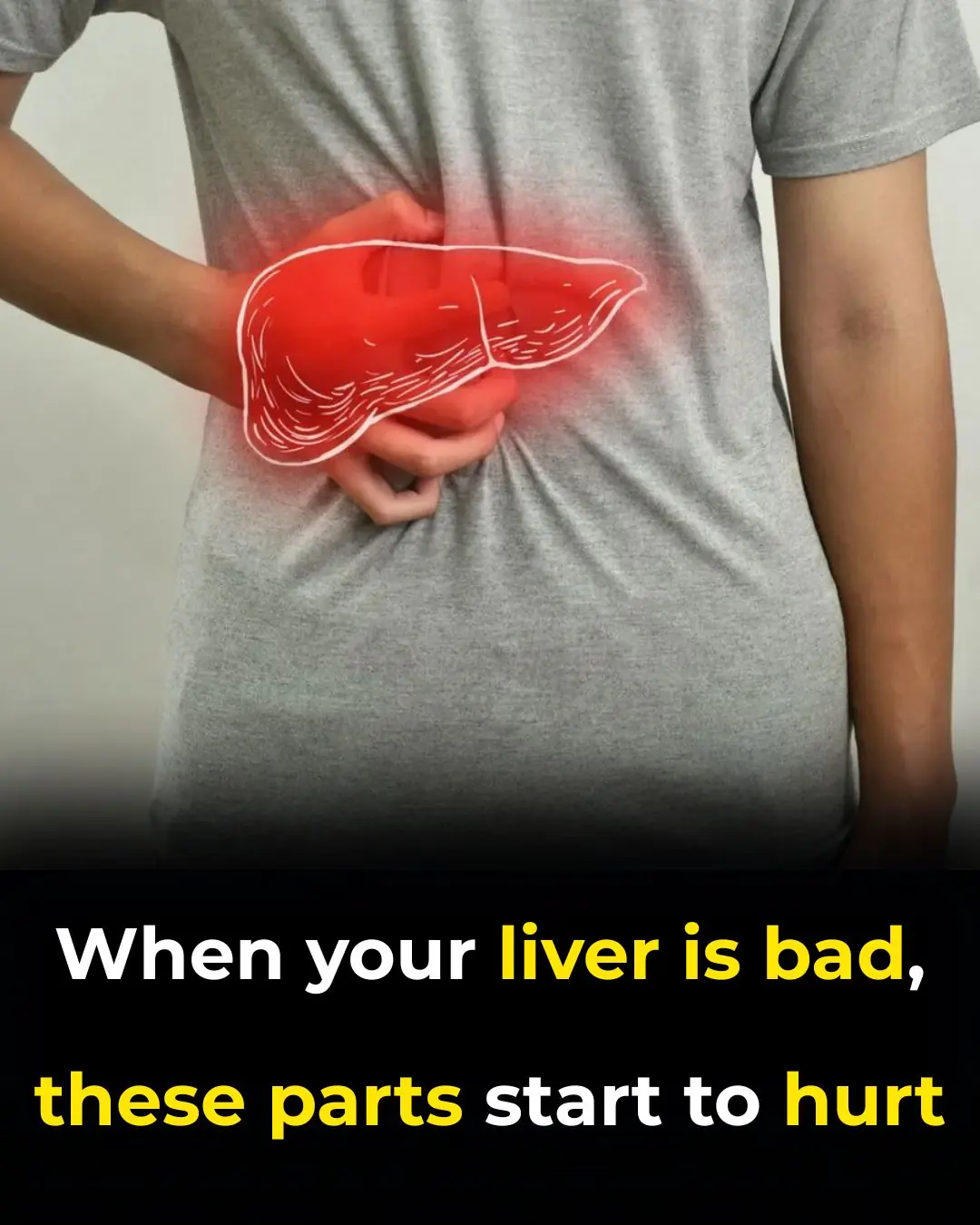
When your liver is bad, these parts start to hurt

People with these 3 health problems should NEVER drink coffee
News Post

Freddie’s Fight: A Young Warrior’s Journey With Childhood Cancer

Officer Goes Above and Beyond: Turns a Traffic Stop Into a Lesson in Kindness

A Life Saved in the Icy River: When Compassion Transcends Species
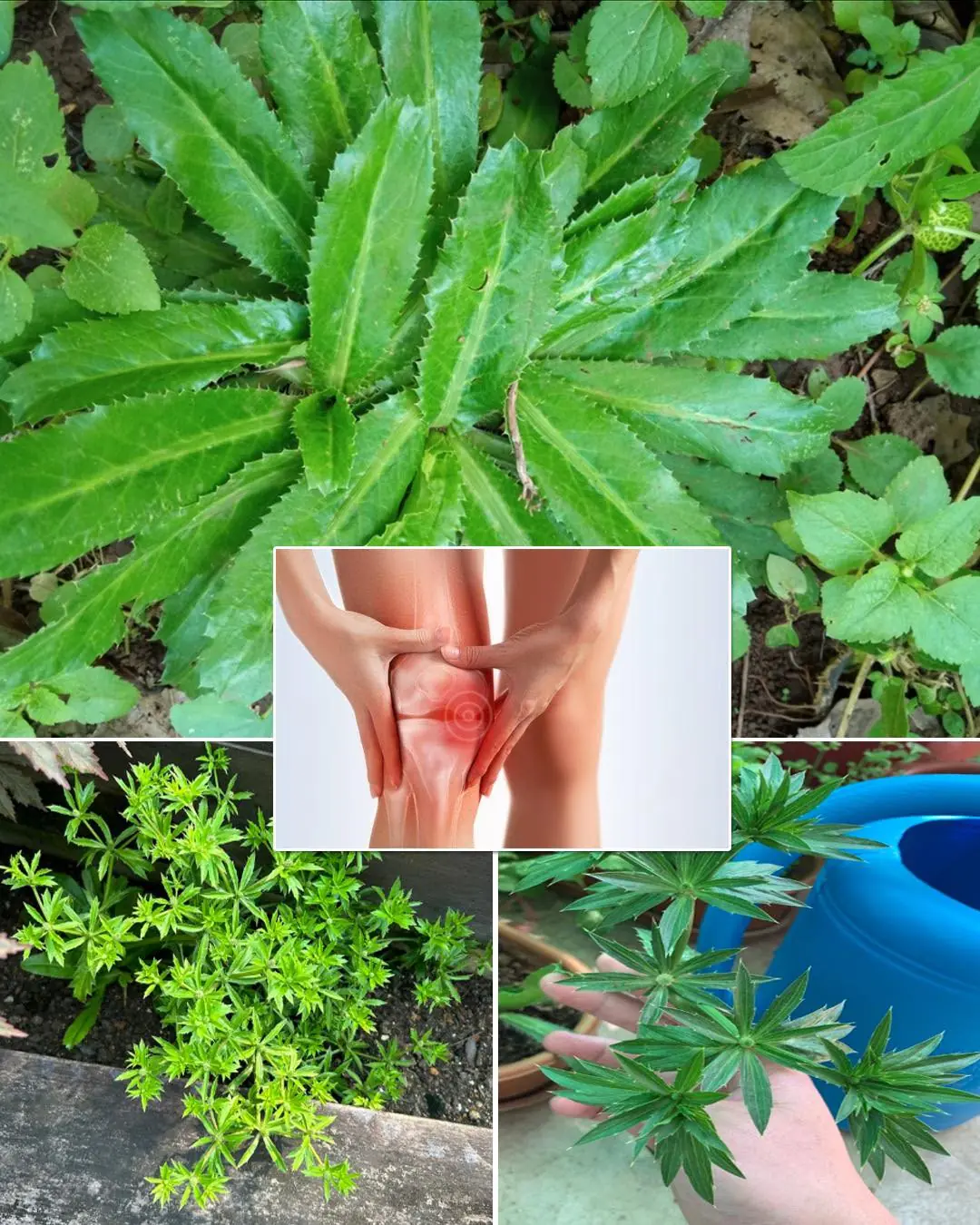
Culantro Herb Benefits and Uses: The Powerful Healing Plant You Should Try
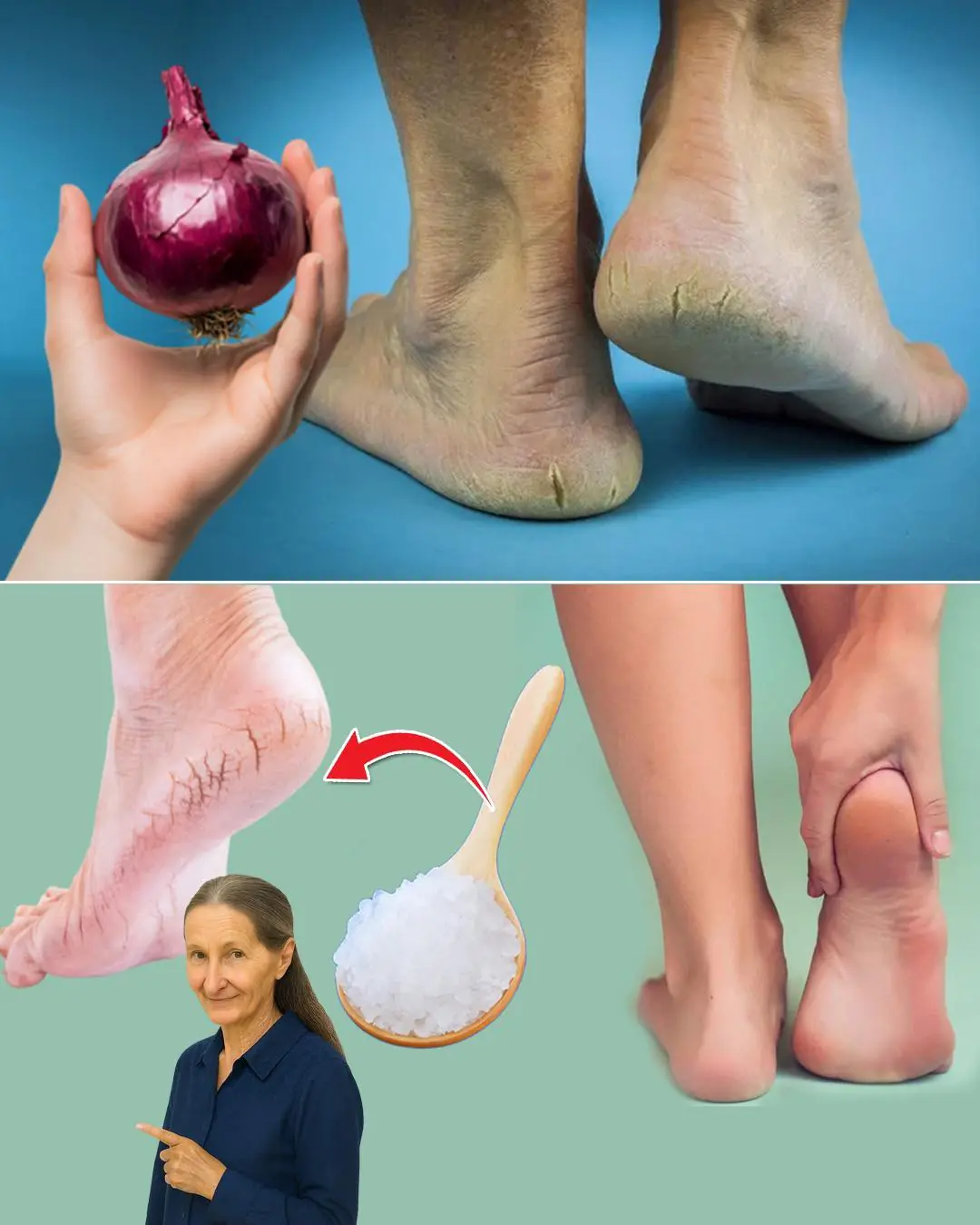
5 Natural Remedies for Cracked Heels: Red Onion, Sea Salt & More
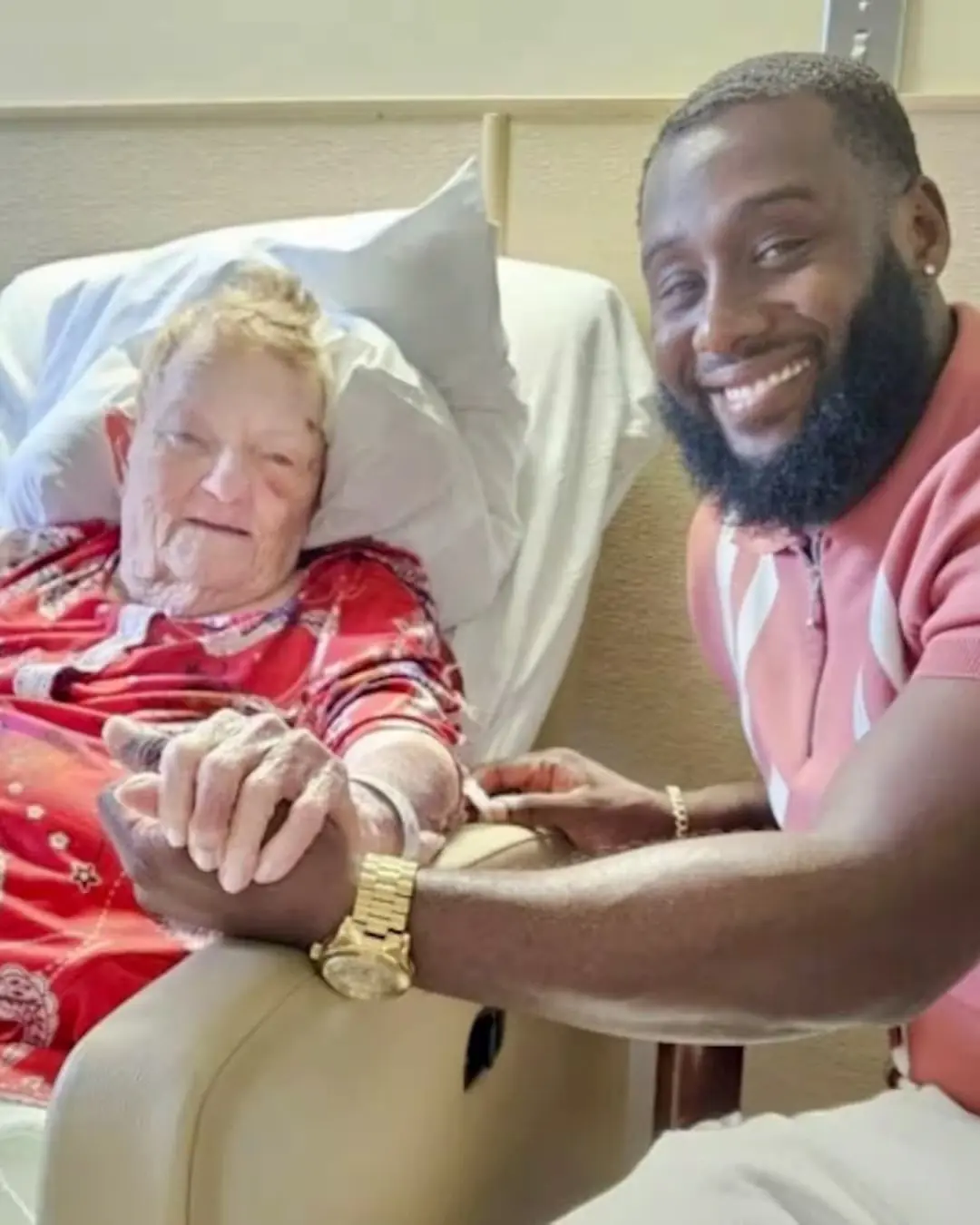
Raheem Cooper: A UPS Driver’s Act of Kindness Saves an Elderly Woman's Life

Pumpkin Health Benefits: The Forgotten Superfood You Need Daily
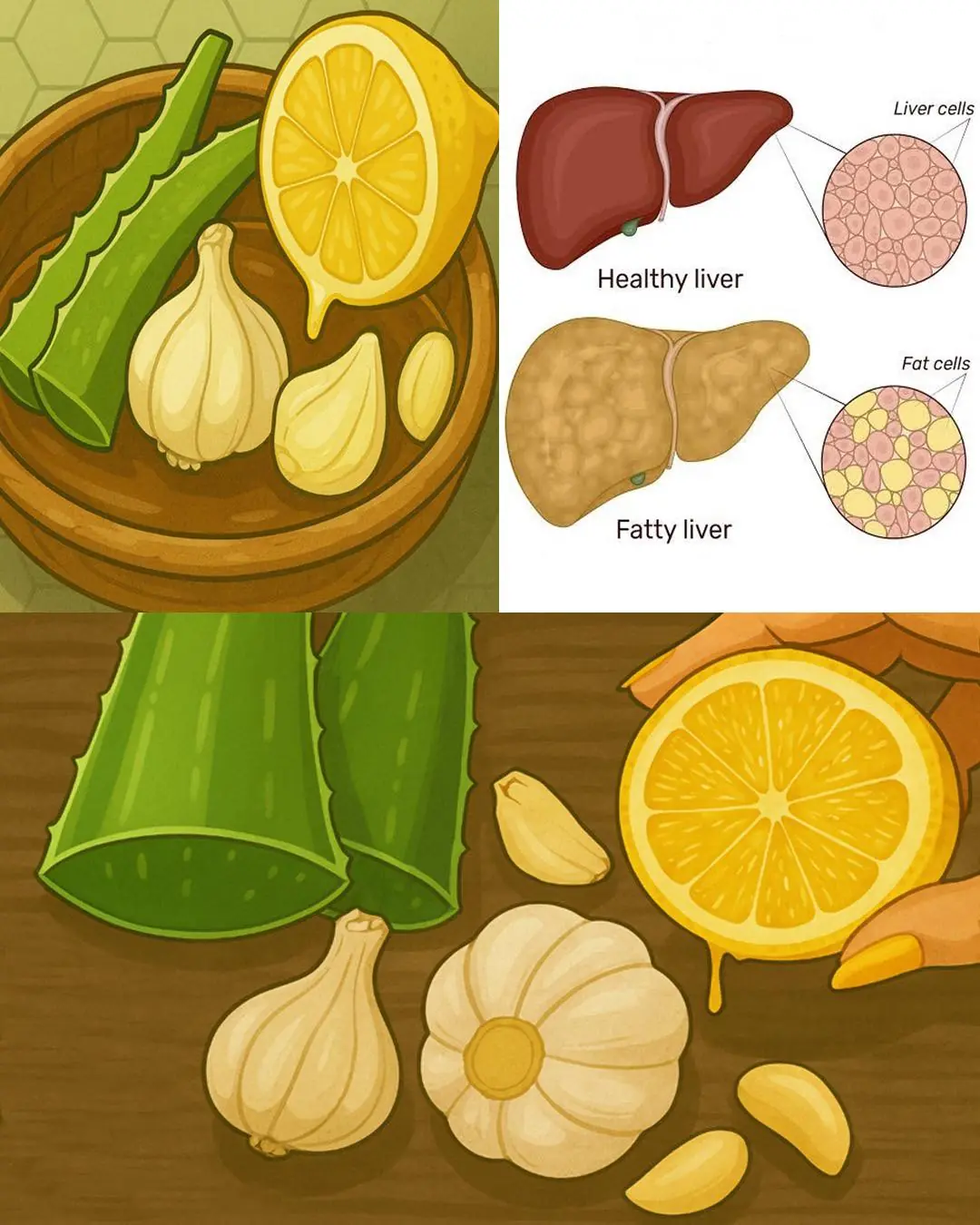
Aloe Vera Super Remedy: Stronger Than Garlic, Lemon, and Fights Bacteria & Fungi Naturally

Three Years of Waiting: The Shelter Dog Still Hoping to Be Chosen

Lamb’s Quarters/Wild Spinach a superfood with health benefits

Powerful Cinnamon, Ginger, Bay Leaves, and Cloves Drink: Health Benefits & How to Use It

At 89, She Thought Her Dog Days Were Over — Until a Special Rescue Changed Everything

7 Benefits of the Miracle Leaf of Life

A Parent’s Love Beyond Blood: Celebrating the Unspoken Bond with Pets
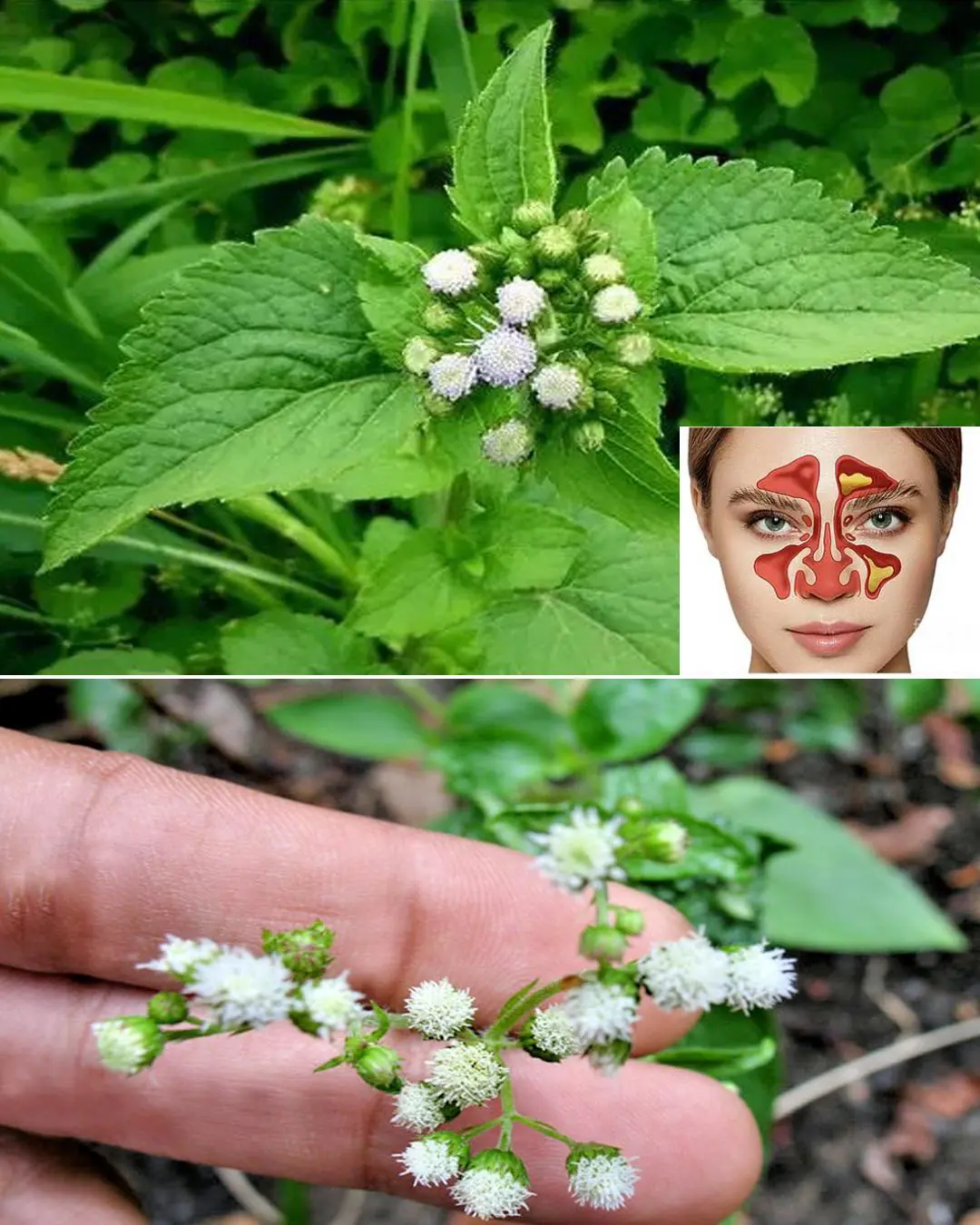
7 Benefits and Uses of Ageratum conyzoides

The Hug of a Cheetah.

A Farewell Among the Flowers.

First Steps: A Baby Elephant’s Fight to Stand.

3 extremely simple tips to remove odors right after cooking in the kitchen

